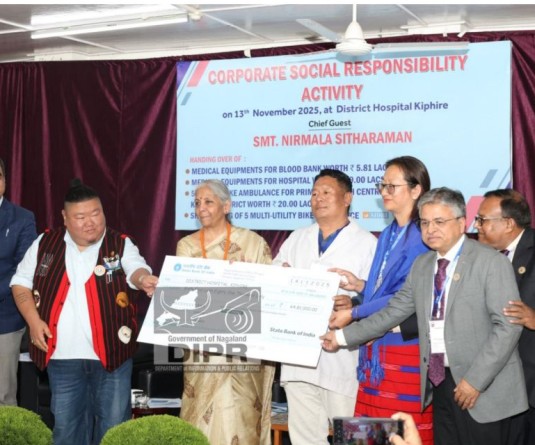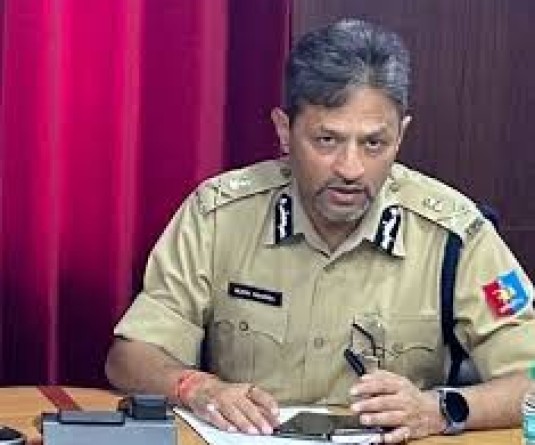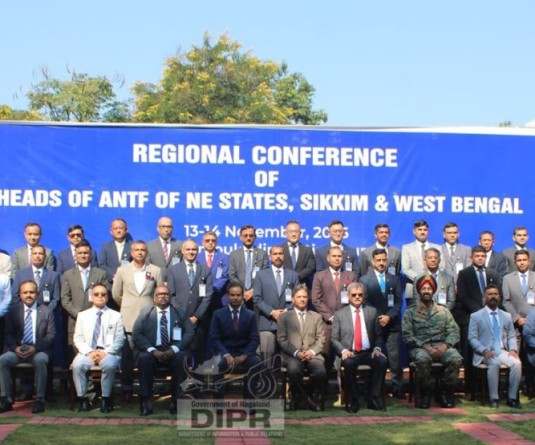
Morung Express News
Kohima | March 15
The orientation programme on official statistics and office procedure of the Directorate of Economics and Statistics, Nagaland began on March 15. It will culminate on March 16.
The resource persons for the programme are M.M Singh, Director, NSSO Regional office, Dr. Seikh Faruk Ahmed, Sr. Lecturer, Kohima Science College, Jotsoma, R Kronu, Additional Director, DES, Neidilhou Angami, Jt. Director, DES, Vechovo Tetseo, Senior Research officer, P & AR Department, Nagaland Civil Secretariat. They will be covering concerns and subjects on National Sample Survey, sampling and date, identification of data for survey, importance of statistics.
“Statistics is indispensible in every field of human activity,” stated Dr. Seikh Faruk Ahmed. Further statistics is vital to all branch of sciences – social or physical, according to Dr. Seikh who pointed out the use of statistics in planning where the success of the government depend on proper planning which requires accurate data analysis; use of statistics in economics to study the demand and supply, price, wage, index number, GDP, GNP; statistics in Business; statistics in Industry especially for Quality Control in production engineering, statistics and biology where the ‘Theory of heredity’ is based on statistics; statistics in war where data are analysed for maximum destruction with minimum effort; and statistics in research.
“Knowingly or unknowingly we are influenced by statistics,” added Dr. Seikh citing the daily influence of statistics in human activities such as comparison of information of weather forecasts, emergency management based on predictions on natural calamities, prediction of disease-it causal relationships, data on disease prevalence.
Earlier, while briefing the participants with introductory remarks Kezhalhou Solo, Dy. Director, DES Nagaland, emphasized on the importance of upgrading the employees in the department with the latest trends pertaining to economics and statistics.
The inaugural address was presented by Y. Sacheo Ovung who pointed the importance of economics in day to day experiences. According to Sacheo, people especially in the rural areas do not understand the idea of economy which is often assumed as related to daily expenditures and livelihood. “Economy is also about how to get more, how to make better investments,” said Sacheo who also viewed that economics and statistics must enable citizens and especially farmers to enhance investments, and further improve the quality of life. Sacheo also noted that economics and statistics impacts policy making and planning.






